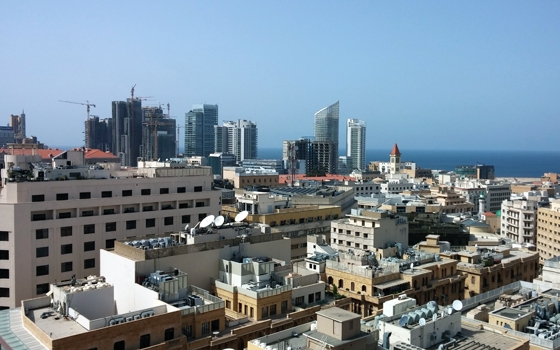Exemptions from work permits, tax incentives and a free market contribute to making Lebanon one of the best countries in the region for foreign investment, according to a U.S. report; however, the prevalence of corruption, red tape and a lack of transparency have made foreign investors wary of operating in an “opaque climate.”
“It takes entrepreneurs only five steps to start a business in Lebanon, compared to the global average of seven steps and average of eight procedures in Arab countries,” said the 2014 Country Commercial Guide for Lebanon, to be published Friday.
The report, compiled by the U.S. Embassy to assist American investors, highlights a number of attractive aspects to investing in Lebanon, such as the ability for foreigners to establish a business under the same conditions applied to a Lebanese national, as long as the firm is registered in the Commercial Registry.
“There are no discriminatory or excessively onerous visas, residence or work permit requirements,” the report said, adding that foreigners investors only need a work permit if the running their business from within the country.
“Foreign investors can generally establish a Lebanese company, participate in a joint venture, or establish a local branch or subsidiary of their company without difficulty.”
The report also noted progress in recent years on a number of trade issues, including equalizing property restrictions on Arab and non-Arab foreigners.
The report also highlighted Lebanese laws to encourage investment in the areas of technology, information, telecommunications, media, tourism, industry and agriculture and agro-industry. Under the investment law, foreign investors benefit from a facilitated issuance of permits, tax incentives ranging from a 50 percent tax reduction for five years on income tax, and tax exemption for companies that list 40 percent of their shares on the Beirut Stock Exchange from income tax for two years.
Despite the relative ease with which foreign investors can establish and maintain businesses in Lebanon, the report warned potentials investors that the lack of transparency and clear regulations could create unanticipated costs and trade barriers.
While it noted that anti-corruption legislation exists in Lebanon, the report warned that was not properly enforced.
“It is widely believed that investors [in Lebanon] routinely pay bribes to win government contracts, which are often awarded to companies close to powerful politicians and business men” read the report.
The full 2014 report, which is updated annually, is to be published Friday at www.export.gov.
The Daily Star
7 October
























































